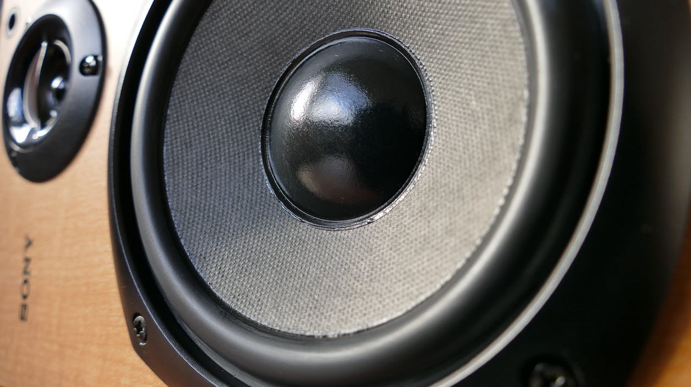What causes hatred of certain sounds? Misophonia is a condition that involves having an aggressive irritation towards some sounds. It literally means that the person suffering from this condition hates sounds cannot control their own emotions.
Basic sounds that can trigger misophonia include everyday sounds, such as repetitive oral sounds, breathing, and chewing sounds along with sounds of pencil tapping and typing. A person with misophonia can feel anger just by listening to triggering sounds of a keyboard or a pencil.

(Source)
Is Misophonia a Mental Illness?
Experts have yet to declare misophonia a mental illness, but they are also confused. Research has proven that the brain of a misophonia patient reacts differently than the non-misophonia patient. But there is limited research on this topic, so experts cannot say the main cause of this condition. The posterior medial cortex and the medial frontal cortex are way more active when they hear triggering sounds. Misophonia patients also give the sign that they are in distress by sweating and an increased heart rate when they hear these types of sounds.
Hatred of Sounds: Symptoms
The initial symptoms that people who are suffering from misophonia may experience include:
- Verbal or physical aggression
- Disgust
- Annoyance
- Avoidance
- Anger
The response towards triggering sounds is called autonomic, and usually, the person is very angry and enters in a situation to fight or flight from the moment. The flight and fight response is also a response to acute stress. It is a natural way of defending the body when the situation seems threatening. In this situation, various things occur as a part of the response:
- Alertness and awareness increase
- Pupils dilate
- Blood vessels constrict
- Muscles tighten
- Breathing and heart rates increase
- Body release hormones such as norepinephrine and adrenaline
The research has shown that people with misophonia have increased body temperature, heartbeat, and blood pressure.
All these responses are the body’s natural way of responding to threatening stimuli. However, no one knows why people suffering from misophonia respond like this to triggering sounds, but according to different research, this is an involuntary response. People suffering from a chronic condition often feel anxiety, rage, and panic due to these triggering sounds.
People with this condition try hard to avoid any exposure to triggering noises. They also socially isolate themselves or develop interesting and unique coping mechanisms. Many patients also start wearing headphones or create different noises to blend and drown out the sounds that irritate them.
Hatred of Sounds: Diagnosis
There are no proper criteria for the diagnosis of misophonia. This is because it is still not recognized by the Diagnostic and Statistical Manual of Mental Disorders, Fifth Edition (DSM-5).In 2013, diagnostic criteria were proposed and published. Researchers suggested that this condition be a discrete and separate psychiatric disorder. Researchers also noticed that although this condition is similar to other conditions such as OCD, different phobias, intermittent explosive disorder, the patterns of the symptoms for misophonia do not fit any of these diseases, and the characteristics are totally different. In the above-proposed criteria of misophonia, it is characterized by:
- Loss of control due to anger
- Believing that a sound can trigger the condition and result in disgust, anger, and irritation.
- Avoiding triggering sounds that are known or tolerating the sound with discomfort, anger, and disgust.
- Feeling of distress that is affecting the daily activities.
- No other medical disorder can define this condition and feelings in a better way.
As there are no official methods to diagnose this condition, doctors may recommend various methods of treatment so you can manage to decrease the symptoms.

(Source)
Hatred of Sounds: Causes
Accurate reasons for people developing misophonia are still unknown. However, you can define this condition in various methods and by considering different factors.
1. Brain Chemistry
According to many researchers, people suffering from misophonia may develop connectivity among the auditory cortex and AIC or anterior insular cortex, which is an area in the brain responsible for emotional processing.
2. Other Medical Conditions
People suffering from OCD or obsessive-compulsive disorder, anxiety disorder, or Tourette syndrome are likely to develop misophonia.
3. Tinnitus
Misophonia is very common with people who are suffering from tinnitus. In this condition, a patient will hear a continuous ringing noise.
4. Genetics
This condition also runs in families, so there may be a genetic component responsible for increasing the risk of this condition.
Conclusion: Contact Misophonia Specialist Stephen Katz
Many people are creating awareness about this condition, but still, there is very limited research about misophonia. Even the epidemiological evidence of this condition is not available. If you or your loved ones suffer from this condition, we know how hard it can be for you to talk about it.
We will help you with your misophonia. For setting up an appointment with our professional doctors, you can contact us at 646-585-2251 or visit our website.
